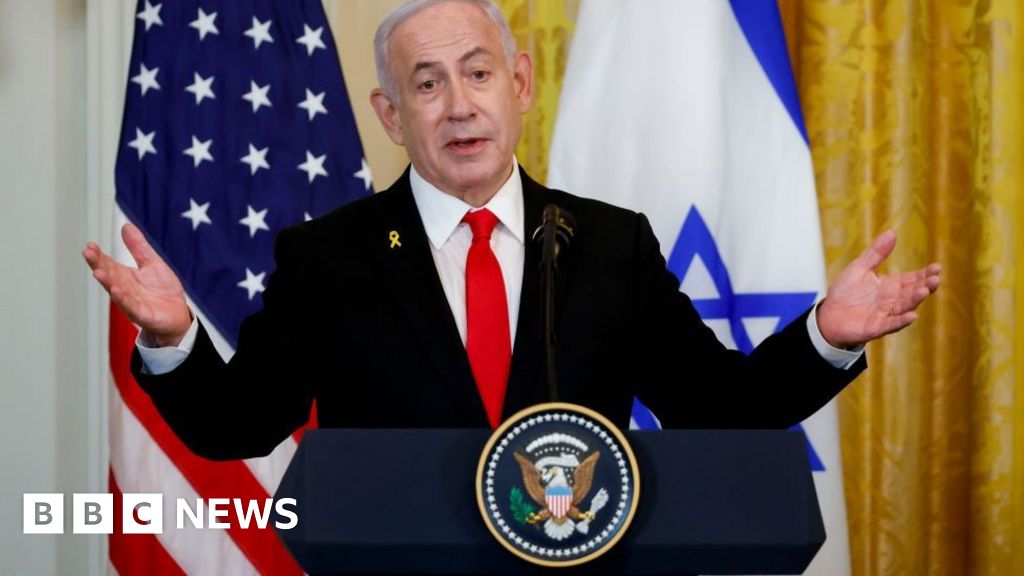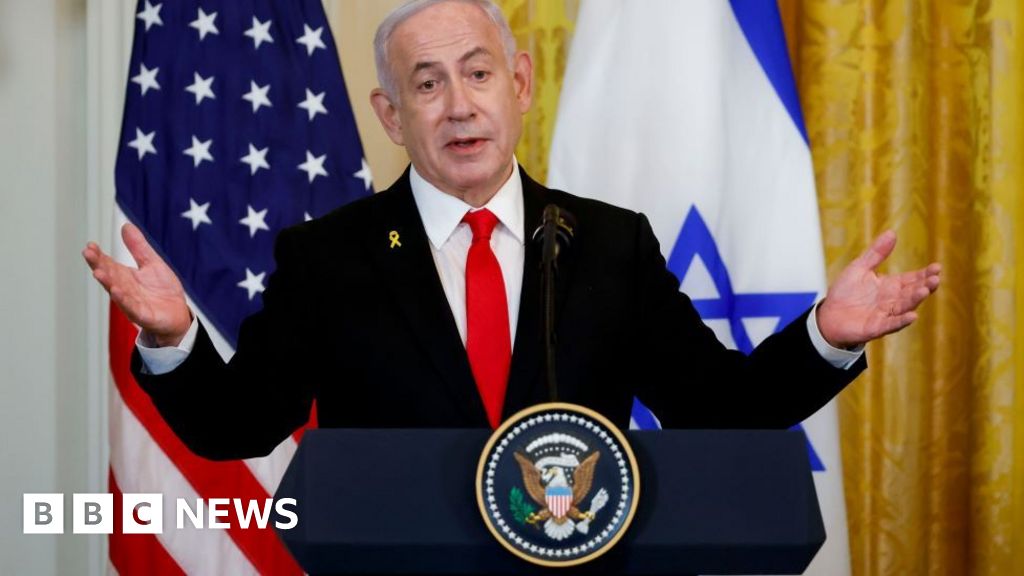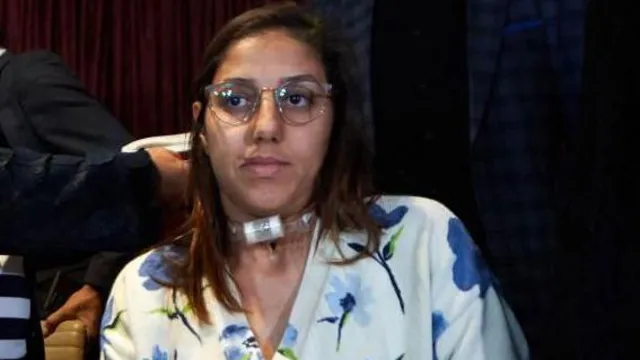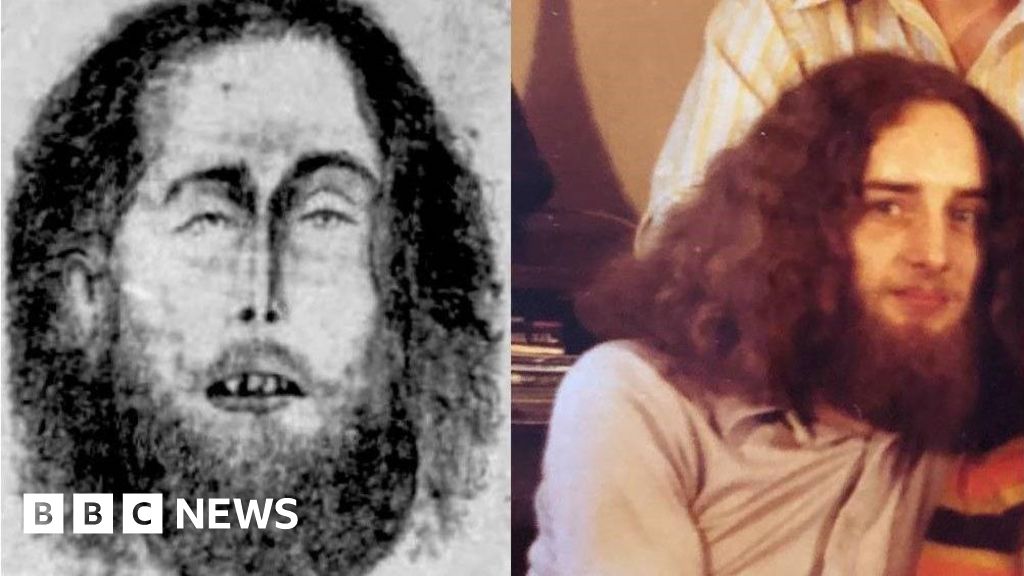
As the first phase of the ceasefire between Israel and Hamas in Gaza is meant to be drawing to an end, it has once again been put in doubt.
After the last six living Israel hostages due to be released in this phase were freed, more than 600 Palestinian prisoners were due to be released by Israel in exchange – the biggest number so far to be freed in one go.
But that has now been delayed indefinitely by the Israeli Prime Minister Benjamin Netanyahu, with his demand that Hamas must stop what he called its “cynical use of hostages for propaganda purposes”. Hamas has in turn accused Israel of deliberately trying to disrupt the ceasefire agreement.
It’s the latest big bump in the road that’s intended ultimately to lead to a permanent end to hostilities and the start of rebuilding Gaza.
Israel complained about the chaotic scenes in one of the first handovers, saying the physical safety of the hostages had been put in jeopardy. Then, Israel said Hamas had broken the terms of the agreement by not releasing a female civilian hostage, Arbel Yehud.
In response, it delayed opening access for hundreds of thousands of Palestinians to return to the north of Gaza for 48 hours. That was resolved when Arbel Yehud was freed in an extra handover before the next scheduled for the following Saturday.
Hamas later accused Israel of not living up to its commitments to permit heavy machinery, tents and caravans into Gaza. It then said it would not carry out the next hostage handover as scheduled.
That prompted threats from both Netanyahu and the US President Donald Trump that all out war would resume in Gaza if the hostages weren’t freed as agreed. With the clock ticking down, Hamas agreed to release them.
And just in the past few days, the discovery that the body Hamas handed over on Thursday as that of Shiri Bibas turned out not to be her. That set off new anger and shock in Israel, where the images of Shiri trying to shield her two young children as they were abducted on 7 October, 2023, is seen as the most potent symbol of the horror of that day.
Netanyahu denounced Hamas for what he called a “cruel and evil violation” of the agreement. Once again, the ceasefire was kept on track only at the last moment by Hamas providing another body within a day that this time did indeed prove to be hers.
All these incidents have shown how fragile the ceasefire process remains. They may also have contributed to the fact talks on the second phase – due to start earlier this month – have not yet got under way. Time is running out, with the first phase due to end in a week’s time.
Hamas has offered to release the remaining hostages due to be freed in the second phase in one go, but only if Israel pulls all its forces out of Gaza and there is a permanent end to the war.
Israel has demanded the complete disarmament of Hamas, which it has so far rejected. The stage-managed ceremonies at each hostage handover, which Netanyahu has so strongly condemned, are intended to show it is still a force to be reckoned with in Gaza.
In Israel, voices on the right demand the government resumes its war against Hamas, while the families of the hostages – backed by much of Israel – say securing the release of the remaining hostages is what matters above and beyond all else.
Trump’s plan for Gaza has brought new uncertainty into the equation. The third phase of the ceasefire is meant to set Gaza on the path towards reconstruction and renewal.
Arab states are hurriedly trying to come up with a concrete alternative proposal in which Palestinians would continue to live in Gaza while it is rebuilt, rather than being removed from the enclave as envisaged in Trump’s plan.
The future governance of Gaza also remains a key sticking point, with Israel, Hamas, the Palestinian Authority and Arab countries all so far appearing to have contradictory proposals.
These issues will require difficult negotiations, which will be conducted amid the constant risk of a return to war, for which some on both sides continue to advocate.
But for now, the mediators from Egypt, Qatar and the US may have their work cut out just getting the first phase of the ceasefire over the line.



